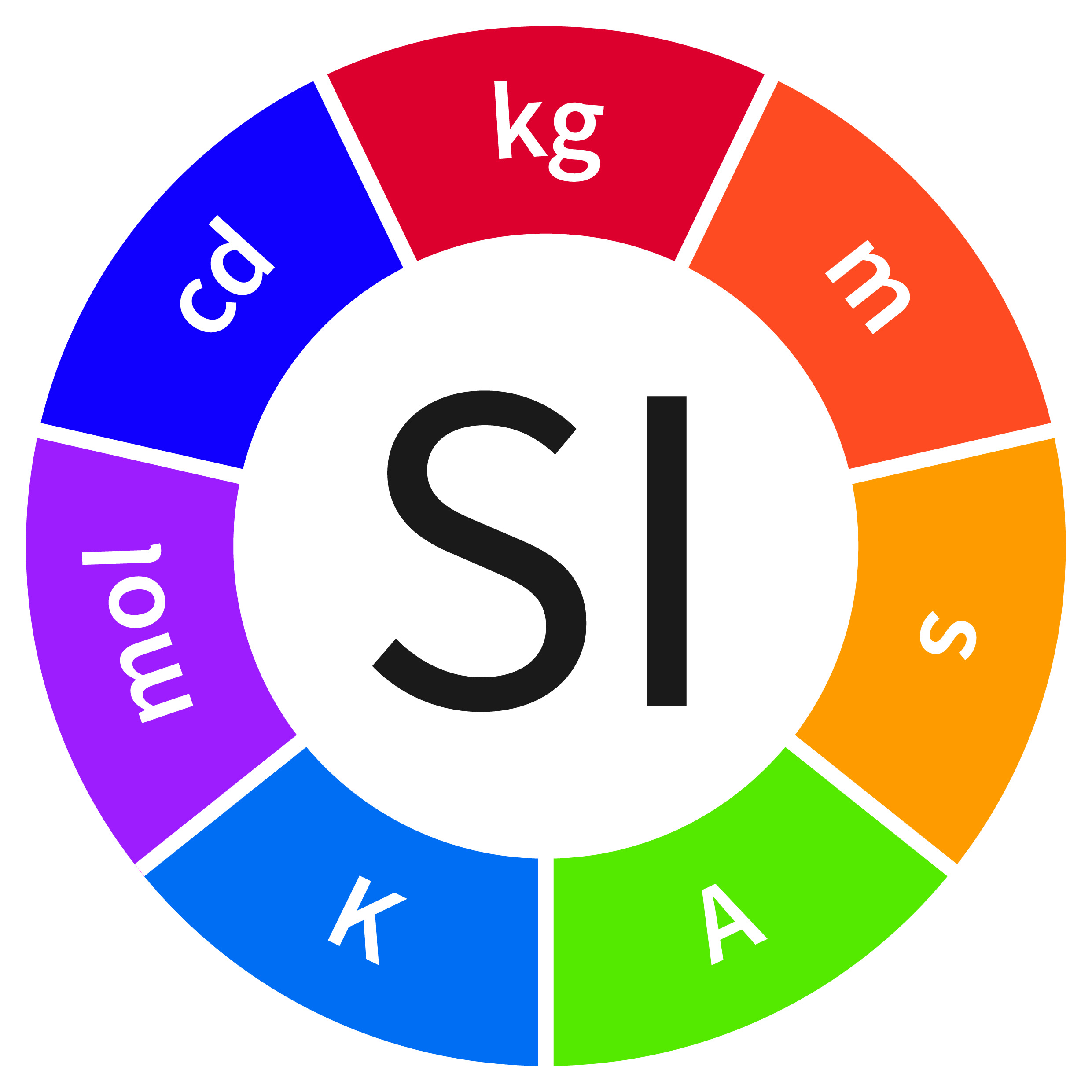
Mission, Role and Objectives
The BIPM is an international organization established by the Metre Convention, through which Member States act together on matters related to measurement science and measurement standards.
Vision
Our vision is to be the world focus for the international system of measurement.
Mission
Our mission is to work with the NMIs of the BIPM's Member States, the RMOs, and strategic partners world-wide, and to use our international and impartial status to promote and advance the global comparability of measurements for:
- scientific discovery and innovation
- industrial manufacturing and international trade
- improving the quality of life and sustaining the global environment.
Objectives
- To represent the world-wide measurement community, aiming to maximize its uptake and impact.
- We liaise with relevant intergovernmental organizations and other international bodies in order to develop opportunities for the application of metrology to global challenges.
- To be a centre for scientific and technical collaboration between Member States, providing capabilities for international measurement comparisons on a shared-cost basis.
- We coordinate international comparisons of national measurement standards agreed to be of the highest priority.
- We establish and maintain appropriate reference standards for use as the basis of key international comparisons at the highest level and provide selected calibrations from them.
- To be the coordinator of the world-wide measurement system, ensuring it gives comparable and internationally accepted measurement results.
- We coordinate activities between the NMIs of Member States and the RMOs, including the provision of technical services to support the CIPM MRA and the infrastructure for the development and promotion of the SI.
Fulfilling our mission and objectives is underpinned by our work in:
- capacity building, which aims to achieve a global balance between the metrology capabilities in Member States;
- knowledge transfer, which ensures that our work has the greatest impact.

International System of Units (SI)
The SI is the recommended practical system of units of measurement.
Following a landmark decision of the CGPM in 2018 (see Resolution 1), all SI units are now defined in terms of constants that describe the natural world. This assures the future stability of the SI and opens the opportunity for the use of new technologies, including quantum technologies, to implement the definitions.

Member States, and Associate States and Economies
Since 8 February 2022 there are 63 States Parties to the Metre Convention ("Member States") and

Capacity Building and Knowledge Transfer
The BIPM's Capacity Building and Knowledge Transfer Programme aims to increase the effectiveness with which Member States and Associates engage in the world-wide coordinated metrological system.
In 2020 the BIPM CBKT Programme was enhanced when an e-learning platform was launched for staff from NMIs/DIs of Member States and Associates. This platform offers tailored courses related to scientific metrology activities, including the mechanisms of the CIPM MRA. The platform is currently being further expanded to offer the possibility for the BIPM to host e-learning material for the Regional Metrology Organizations.
The BIPM CBKT programme e-learning.bipm.org

The CIPM Mutual Recognition Arrangement
The CIPM Mutual Recognition Arrangement (CIPM MRA) is the framework through which National Metrology Institutes demonstrate the international equivalence of their measurement standards and the calibration and measurement certificates they issue.
The outcomes of the Arrangement are the internationally recognized (peer-reviewed and approved) Calibration and Measurement Capabilities (CMCs) of the participating institutes. Approved CMCs and supporting technical data are publicly available from the CIPM MRA database (the KCDB).

